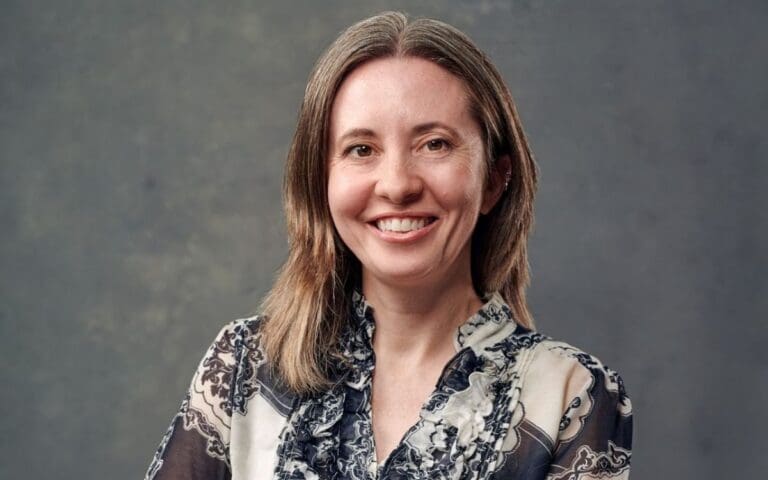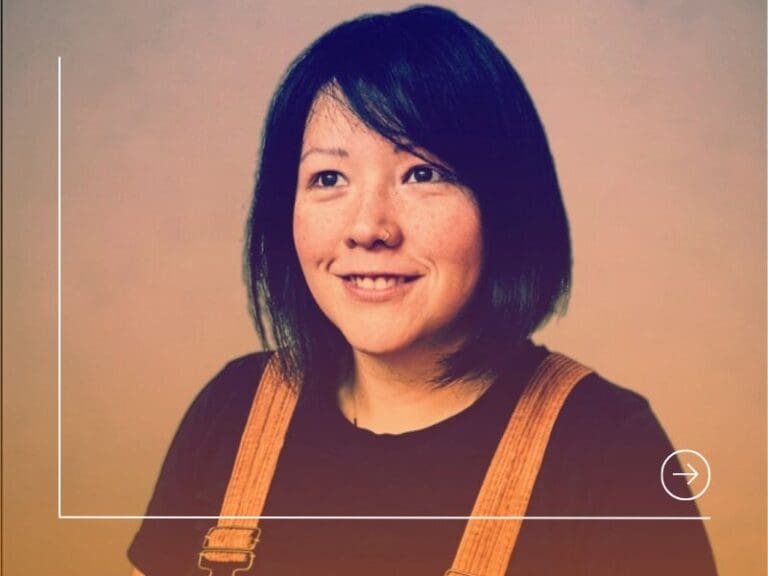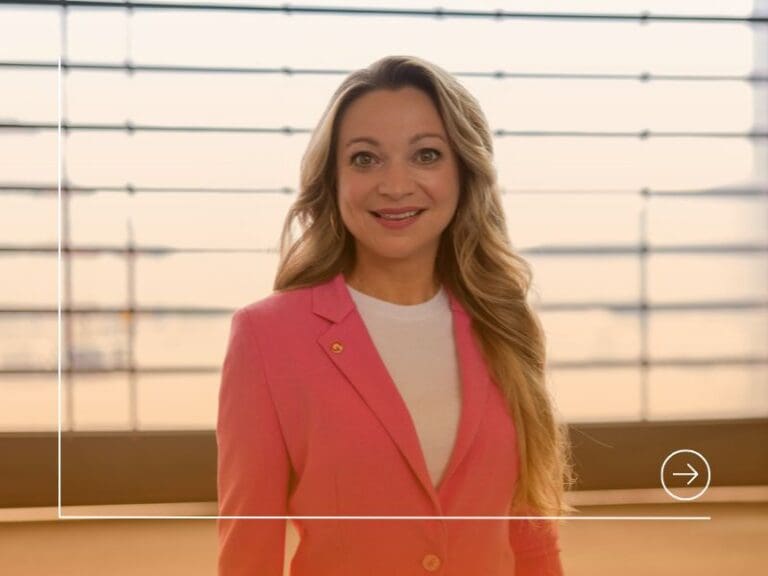Jennifer Agerton is Chief Product Officer at AirHelp, the world’s leading travel technology company supporting passengers with flight disruptions.
In her role, she is responsible for overseeing product management, design, user research and localisation departments. Jennifer transitioned to the technology industry in 2011, while completing her MBA/Masters in Strategic Management. She started as a Program Manager at Dell before progressing to Global Product Manager. Jennifer also held roles at Skyscanner as Principal Product Manager and VP of Product at letgo, before joining AirHelp in 2021.
What are you most proud of in your career, so far?
I joined AirHelp at the tail-end of COVID in 2021. As a travel company, it had faced a tough couple of years, and there was no longer a full product team in place. My first task was to rebuild the product organisation from just a few people, to a team of over 25 people covering product management, design, user research, and localisation. I’m proud of the strong culture we have built and our team has been delivering a huge impact against our new strategy, improving our existing core business and launching brand-new valuable products for our travel users.

What does an average work day look like for you?
It changes day-to-day, and even week-to-week depending on where we are at in the quarter. Typically in a week, I meet with AirHelp’s leadership team to discuss and address challenges and priorities, as well as my whole team to share important context for the week and focus on group knowledge sharing. I will also sit down with the individuals on my team to understand challenges, where I can support them, and what is going well. I am regularly speaking to key stakeholders across departments, aligning plans and expectations, and looking for improvement opportunities. I will also often meet with ProdTech leaders to discuss progress on our key initiatives for the quarter.
Additionally, I collaborate in cross-functional groups to work on key strategic projects and tactical implementation plans, define different levels of the product strategy, and align roadmap plans across product teams. We will also review key metrics to ensure the business is performing as expected, evaluate internal user research and external industry news, plan workshops and off-sites, and ideate on how to improve product operations processes. In these groups, we will work on team member career growth plans, respond to challenges and blockers that arise and provide updates to align different parts of the business on progress.
In summary, my working day involves planning and alignment meetings, strategy work, cross-functional initiative execution and product operations improvements.
Are there any specific skills or traits that you notice companies look for when you’re searching for roles in your field?
The skills that companies are looking for are in product leadership. This involves building a vision and strategy, strengthening and maturing a team, as well as aligning teams and roles around a common goal. Product leadership also involves the ability to move things forward even when things aren’t fully defined, including bringing clarity while still pushing forward and meeting business objectives.
Has anyone ever tried to stop you from learning and developing in your professional life, or have you found the tech sector supportive?
The biggest challenges I have faced are in regards to my path to becoming a leader, as a woman and as an introvert. Starting early in my career, I was made to believe I had to be a certain way to be successful – aggressive, extroverted and the loudest voice in the room. I was told I had to be things that were counter to both the way I was and the way I wanted to be. At the same time, this challenge made me determined to find my own path, to believe that leadership, in the tech industry and beyond, can look different for everyone.
Have you ever faced insecurities and anxieties during your career, and how did you overcome them?
I was not born a naturally confident person and have had to proactively work on building this part of myself. For me, honestly acknowledging where my insecurities and perfectionism got in my way has helped me to proactively combat these tendencies. As I’ve grown through my own life and my career, I’ve seen more and more that people, at all stages, are still figuring things out. There is no moment when all the learning, growing and changing is done. With that, I now better embrace challenge, discomfort, and ambiguity, and have found confidence in being vulnerable.
Entering the world of work can be daunting. Do you have any words of advice for anyone feeling overwhelmed?
I will share a piece of advice given to me at the start of my product leadership career, and one that I still think about pretty much every day. Only do the things that only you can do. Find and lean into the unique value that you offer within your role, as this will help you amplify and empower those around you. Together, we can get so much more done, and there is no reason to try to take everything for yourself.
What advice would you give other women wanting to reach their career goals in technology?
Find comfort in the fact that you don’t know everything, and you don’t need to. No one does and we are all learning constantly. Rather, it helps to stay curious and be confident in the face of ambiguity. It is a powerful thing to be able to move yourself and your teams forward even when the path is anything but clear.
Additionally, be authentic. You don’t have to be one certain thing to be successful in the tech world. There are enough challenges in this field without having to worry about whether you are what you think you should be vs. what you are.








